The Bank of Japan has raised interest rates again after four months, increasing the rate from 0.1% to 0.25%.
The Governor of the Bank of Japan, Haruhiko Kuroda, stated that if Japan's inflation continues, there may be further rate hikes to 0.5% within the year.
We have long perceived Japan as being in deflation for 30 years; why then has it suddenly chosen to raise rates consecutively?
Is this a grand play orchestrated by the US and Japan, targeting China?
The real financial battle has just begun, but why does it seem that Japan, while seemingly cooperating with the US to take the last baton in raising rates to reap China, is actually sacrificing itself?
Is this a duet between the US and Japan?
On July 31st, the Federal Reserve indicated that interest rates would remain unchanged, and officials clarified that the probability of a rate cut in September has significantly increased, almost reaching 90%.
At the critical moment when we thought victory was within reach, just one day later, the Bank of Japan hastily chose to raise rates to 0.25%.
These two actions seem unrelated, but in reality, they hide a deadly trap.
A financial war to drag down China has entered its final stage of attack.
Why do we say that?
The Bank of Japan's reason for raising rates is that Japan's CPI, excluding fresh food, grew by 107.8% year-on-year in June, marking a continuous increase for 34 months.
However, it is important to note that this CPI is obtained after excluding fresh food.
We know that Japan is resource-poor, but it is not lacking in seafood.
Therefore, the core consumption of food for Japanese residents is seafood, which plays a role in Japan's CPI similar to that of pork in China's CPI.
It is not an exaggeration to say that it plays a pivotal role.
Moreover, inflation is a global issue, not just a Japanese one.
More importantly, Japan has been pursuing domestic inflation for the past 30 years, even introducing "Abenomics," with the core logic of maintaining Japan's inflation at around 3% for many years.
However, it is strange that after the US planned to cut rates, Japan actually chose to cut rates.
This seamless connection cannot help but make people doubt Japan's motives behind the scenes.
Because for Japan, raising rates at this time is completely unnecessary.
If you calculate the comprehensive CPI, Japan's indicators have not even reached the set target.
Isn't that strange?
In addition, we have also seen an interesting phenomenon, which is that the US is heavily buying Japanese yen.
This also indirectly reflects the certainty of the Federal Reserve's imminent rate cut.
Another reason for buying yen is that the US predicts that Japan may raise interest rates to 1.5% within a few years.
If the US buys yen, it also indicates another issue, which is still eyeing China.
Although the US rate cut is beneficial for easing the pressure on the renminbi and Chinese assets, historically, the later stages of the US dollar's harvest have always been accompanied by the yen's rate hike.
This includes the 2008 US subprime crisis, which occurred after the yen's rate hike.
Why does the yen's rate hike still have a strong killing power for countries dependent on the US dollar and yen?
Since the 1990s, Japan has basically maintained low interest rates or even negative interest rates.
Everyone has financed overseas investments, which has also created the so-called myth of the Japanese economy, that is, Japan has 3 trillion US dollars of GDP outside of Japan, equivalent to Japan's GDP.
The reason for this phenomenon is that Japan's low interest rates for decades have led to a shortage of assets for the Japanese people, and everyone has invested funds overseas.
From this point of view, everyone can have another perspective on the outflow of legal funds domestically.
China's largest source of foreign capital, apart from the US, is Japan, which is a bit different from our imagination.
If the yen continues to raise interest rates, this risk may even be greater than the US dollar's rate hike?
Some people will ask, the yen's interest rate is only 0.1%, even if it rises to 1.5% in a few years, how much impact can it have?
If you think this way, you are very wrong.
Why?
Because Japan's negative interest rates and low interest rates have led many yen capital to add a lot of leverage, such as 10 times, 0.1 is equivalent to 1, what if it is 1.5?
Isn't it equivalent to Japan's benchmark interest rate coming to 15%?
This means that the yen invested in China will withdraw, not only will yen capital withdraw, but any capital seeking the peak of returns may continue to flock in, which is actually a combination of punches by the US and Japan.
However, from another perspective, it seems to want to harvest China, but in reality, Japan is dancing on the tip of a knife.
Once it fails, it is very likely to be gutted, and it is not impossible to have another lost 30 years.
Let's take a look at how the US and Japan connect this harvest drama?
Do we really have no countermeasures?
The US rate cut is imminent.
Looking at the history of multiple rounds of the US dollar cycle, the US has succeeded without exception, and the expensive US dollar has harvested cheap international assets.
However, this time the US is in a difficult situation, and only by harvesting a medium-sized economy can it continue to live.
However, at present, it is not possible to harvest China, which means that the US is in a dangerous situation.
Therefore, under the situation where the US continues to raise interest rates, Japan has taken over the baton of the US and started the second half of the financial war.
According to the latest forecast data of the "Federal Reserve Watch Tool" of the US Chicago Mercantile Exchange, although the US maintained between 5.25% and 5.5% unchanged on August 1.
But as the US inflation data eased and the banking crisis became irreconcilable, the probability of the Federal Reserve cutting interest rates by 25 basis points in September has reached 90.5%, and the prediction of the Chicago Mercantile Exchange has always been highly accurate.
The results of this round of US interest rate hikes can be said to be accurate.
The CME Federal Reserve Watch even said that the probability of the Federal Reserve cutting interest rates in September is 100%.
We have reason to believe that the US rate cut has entered the countdown, and this wave of "harvesting" tides that has lasted for several years will end with the ruthless harvesting of Asian currencies other than China.
In a sense, China is the only country in the world that can withstand the US interest rate hike.
Of course, the profit-seeking nature of capital cannot be ignored, and many funds pursue the high interest rates of US interest rate hikes through various channels.
However, after all, this is not a long-term solution.
After all, such high interest rates, the US itself cannot support it, so most of these funds will return to China in the next one or two months.
Then some people will ask?
Isn't this just starting to cut interest rates?
Why will funds flow out of the US soon?
This has to mention the US dollar tide.
After all, the depreciation of Asian currencies is very large, and it is still very cost-effective to bottom out various assets at this time.
Therefore, I boldly predict in advance that in the next few months, the exhausted Chinese assets will usher in a wave of valuation repair, including the renminbi, A-shares, real estate, etc.
Of course, gold assets may show a trend of decline.
For the US, the mutual constraints of the three major contradictions, the debt ceiling, high inflation, and the banking crisis, if the high interest rate continues to be maintained, the federal government's debt ceiling will break the current precarious US economy.
From the perspective of the Federal Reserve, Powell has said more than once that he wants to maintain US inflation at 2% for a long time.
Although there is still a big gap from the target, this expectation has been said by him more than once that it is unrealistic.
Because more importantly, the increase in the lending cost of the banking system leads to an increase in debt and a vicious cycle of the banking crisis.
I just said that the reason why funds will withdraw from the US in the short term is this.
As we all know, due to the US benchmark interest rate of 5.5%, this leads to the inversion of the long and short-term interest rates of US Treasury bonds.
A month ago, the spread between the 2-year US Treasury bond and the 10-year US Treasury bond was as high as 50 basis points, and short-term bonds were sought after, which has been the norm in the past two years.
But starting from this month, this spread has narrowed to 12 basis points, which also shows that funds are withdrawing in advance.
According to the predictions of the Chicago Mercantile Exchange and several senior officials of the Federal Reserve, the Federal Reserve will cut interest rates in September, and the probability of three rate cuts before the end of the year has risen to 56%.
So as long as we observe the trend of the renminbi exchange rate, we can explain everything, and it is likely to climb slowly.
At this critical moment, the sudden interest rate hike by the Bank of Japan will break this trend, so the relay of US interest rate hikes is not accidental, and this is the upgrade of the financial war between the US and Japan against China.
So I said that the Sino-US financial war will end with the US interest rate cut?
I think it is too early, but for Japan, it seems to be cooperating with the US to harvest China, but in reality, it is sacrificing itself.
It seems to harvest China but actually sacrifices itself.
Rather than saying that Japan is highly dependent on the US economically, it is better to say that this nation has a gene of gambling with the fate of the country in its bones.
Japan does not want to see China strong at all?
There are historical grudges, and there is also the superiority that the Japanese have formed towards China since modern times.
In addition, the most important point is that Japan's government debt is as high as 260%.
While raising interest rates, it also has to buy Japanese bonds, isn't this deliberately taking on its own debt?
First of all, after the Bank of Japan announced the system, as of August 3, the yen has fluctuated by more than 500 points.
According to the normal logic, a direct pull-up is in line with market expectations.
Secondly, the loss of Japanese government bonds held by the Bank of Japan in the first half of the year has already reached about 10 trillion yen, creating a historical record.
As of mid-April 2024, the Japanese government bonds held by the Bank of Japan reached an astonishing 600 trillion yen, equivalent to 4 trillion US dollars.
You should know that Japan's GDP in 2023 was only 4.2 trillion US dollars.
If Japan's interest rates continue to rise, the losses of the Bank of Japan will further increase, so once Japan continues to raise interest rates, the hot money hasn't flowed in yet, and its own economy may be the first to be blown up.
The Japanese government also understands this situation.
However, constrained by the issue of economic sovereignty, the US is pressuring it to raise interest rates, and Japan has no other way.
At present, although Japan's interest rate hike pace is small and continues to issue currency to buy bonds to show struggle, the US has forced it to start this process, which means it will have to stick to the end.
So why does the US insist on promoting Japan to raise interest rates?The reason is actually quite straightforward, as I have mentioned earlier, either plunge China and the entire Asia into difficulty, or cause significant damage to Japan itself.
In fact, the United States has few cards left to play, and it has cultivated Japan for many years, with deep involvement in the yen, otherwise it would be a pipe dream for Japan alone to prop up the world's two major bubbles - the Japanese bond market bubble and the U.S. stock market bubble.
The U.S. interest rate hikes have led to a global shortage of liquidity, with central banks around the world struggling to stabilize the situation.
At this point, if Japan continues to appreciate the yen along with the dollar, it will lead to a crisis for Asian countries.
Once their financial systems collapse, the United States can take the opportunity to reap benefits.
This is the main intention behind the United States forcing Japan to raise interest rates, and this intention has been declared bankrupt with the upcoming interest rate cuts by the Federal Reserve.
Theoretically, a yen interest rate hike could prompt Japanese investors to shift investments to China and attract Chinese capital to Japan.
However, the actual situation is not so simple.
In recent years, China has curiously maintained stability at the bottom of its financial assets, with both the real estate and stock markets in a sluggish state, causing many domestic investors to suffer heavy losses, not to mention the incoming yen assets.
Moreover, our new three major industries - electric vehicles, photovoltaics, and lithium batteries - have seen explosive growth, but this has almost nothing to do with Japanese capital.
Instead, Japanese car manufacturers have suffered consecutive losses and have had to withdraw from the Chinese market.
Therefore, the Japanese capital that was once in the Chinese market has long since fled, and the remaining part is also unable to move due to the sluggish Chinese market.
On the other hand, after the yen interest rate hike, the Japanese stock market and bond market carry higher risks and are not suitable for investment.
The renminbi has actually risen against the yen after the interest rate hike, showing that the rate hike has led to the devaluation of the yen.
In summary, Japan's two interest rate hikes are most likely due to U.S. pressure, with direct evidence being that, despite the devaluation of the yen, U.S. Treasury Secretary Yellen directly accused Japan of intervening in the currency market.
Therefore, the yen interest rate hike is not beneficial to Japan, as it poses a threat to Japan's financial market, and has not led to the appreciation of the yen, but instead has shown a trend of capital outflow.
Regardless, for us, it is still necessary to be prepared for the future.
Fortunately, we have certain foreign exchange control measures that have played the role of a moat.
The current world situation is full of twists and turns, and we must be cautious with every step we take.
However, this financial tug-of-war is also nearing its end, let's wait and see!

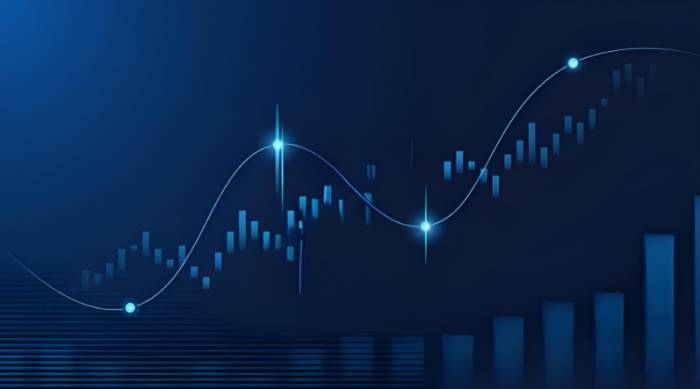
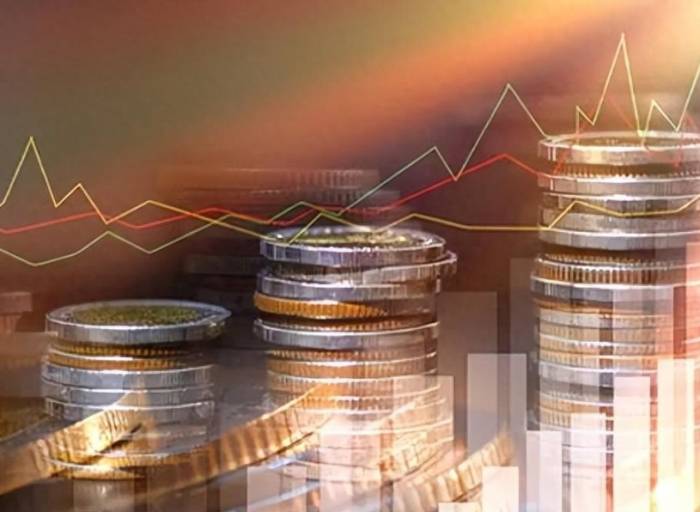
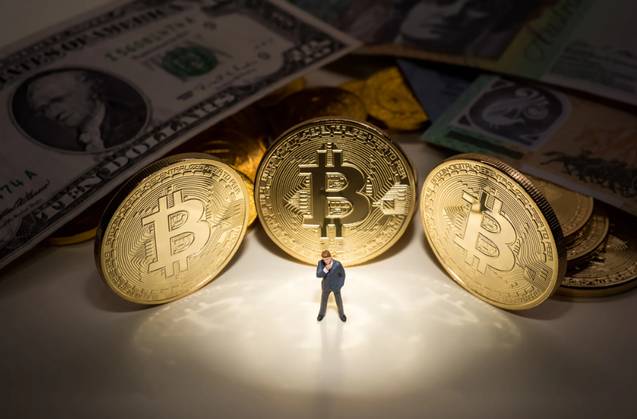
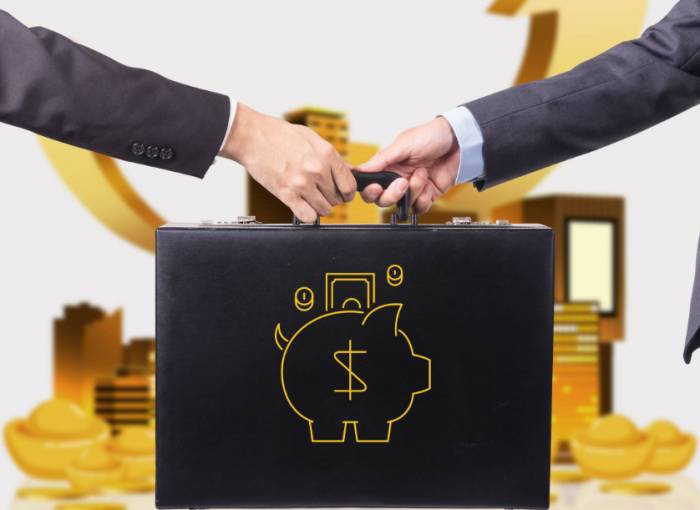
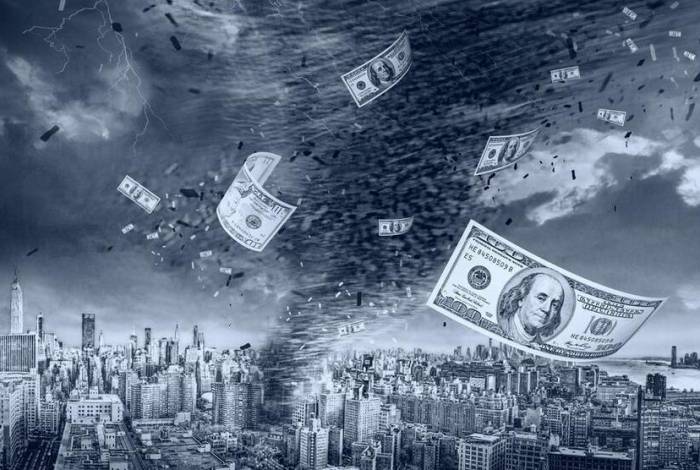
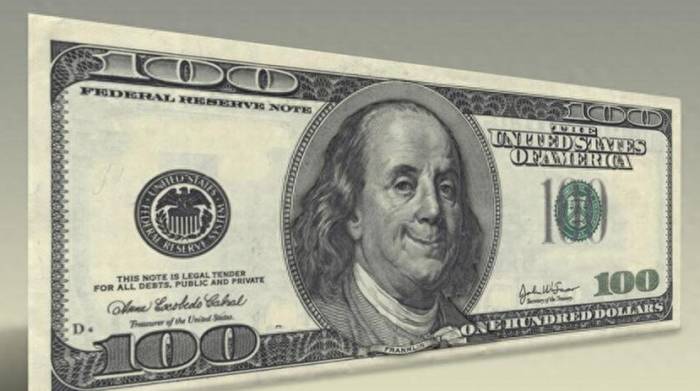
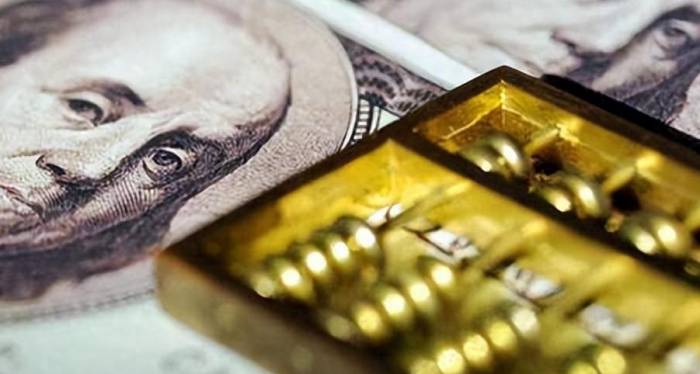

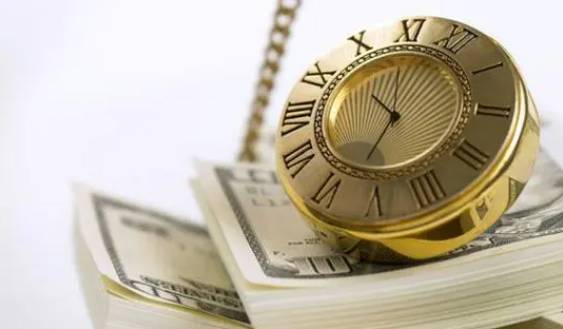




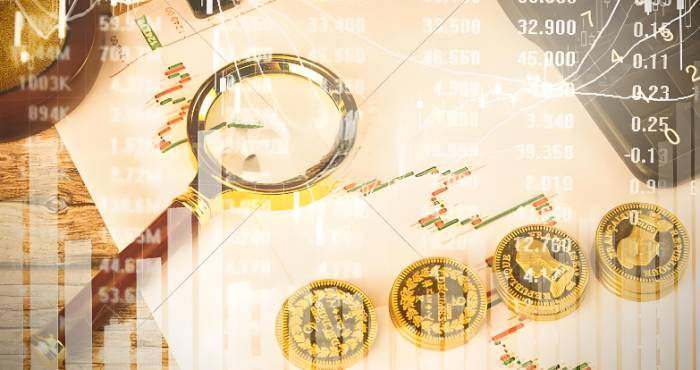
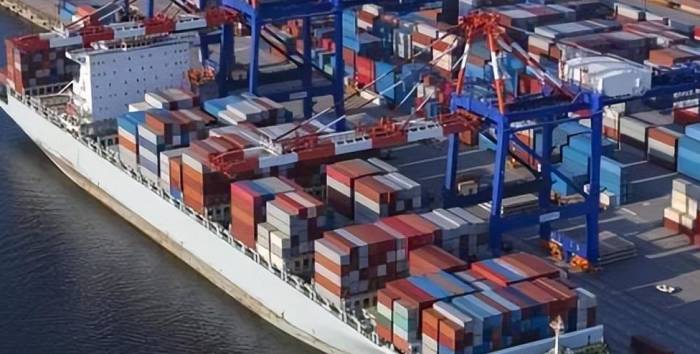


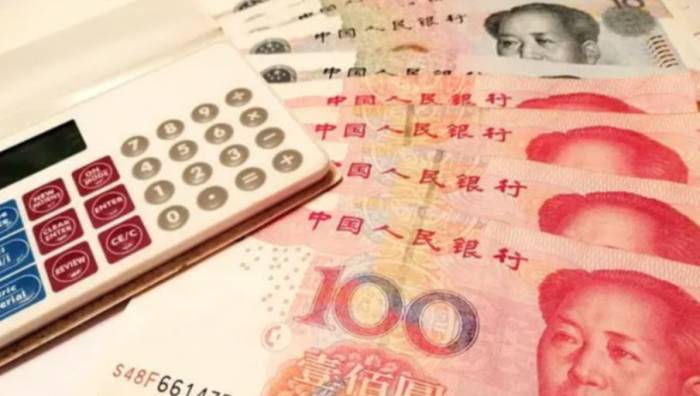



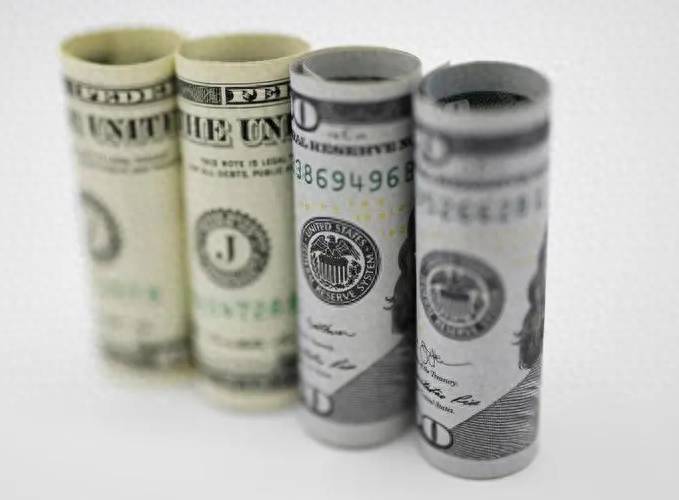
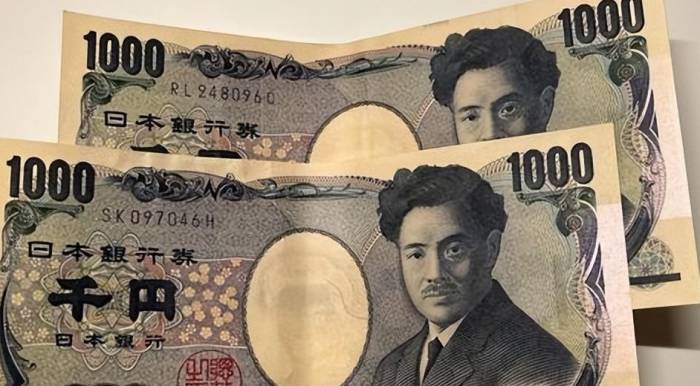


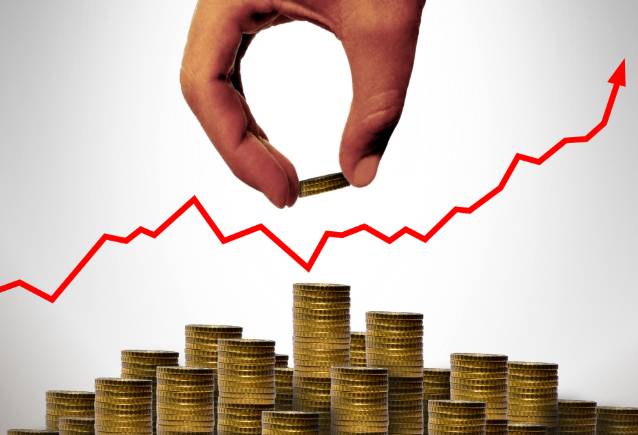


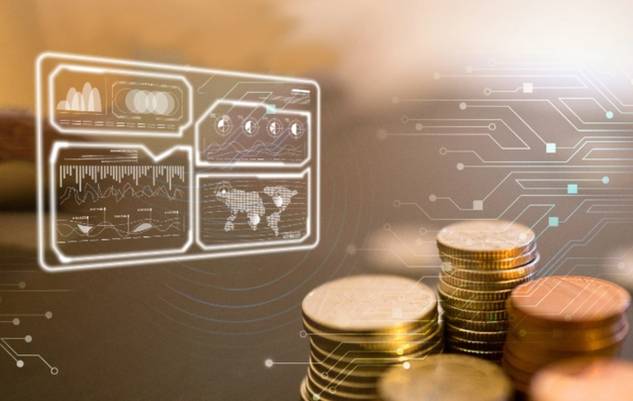
Leave a Comment